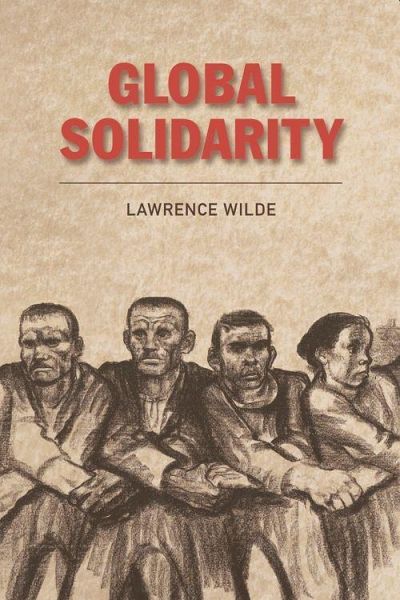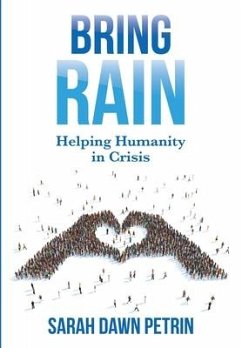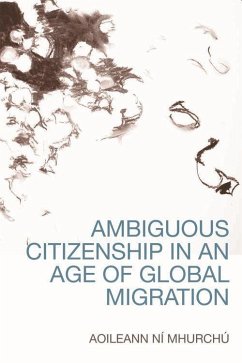
Global Solidarity
Versandkostenfrei!
Versandfertig in über 4 Wochen
143,99 €
inkl. MwSt.
Weitere Ausgaben:

PAYBACK Punkte
72 °P sammeln!
'Solidarity' has been a mobilising word since the mid-19th century, conjuring images of united action in pursuit of social justice. This title explores this concept and raises the question of whether solidarity among strangers is a meaningful aspiration in our globalising age.
The first introduction to Global Solidarity Exploring the theory and practice of resisting and overcoming social divisions, /Global Solidarity/adopts a radical humanist perspective to the possibility of building a solidaristic global community. It offers a novel path into recent debates about our cosmopolitan future, bringing together various theoretical and socio-political aspects of globalization, such as global justice, cosmopolitan democracy, global civil society and world culture. In focusing on the normative goal of global solidarity, Wilde connects the different strands of the new cosmopolitanism by analysing the ways in which people have mobilised together to struggle for ever-widening social inclusion since the middle of the 19th century. While old forms of solidarity, centred on labour or community, have frayed, new forms arise that open up the possibility of achieving social solidarity on a global scale. Key Features *Critiques major theories of solidarity, critically engaging with the key thinkers including Habermas, Honneth and Touraine *Contributes to the discussion of global democracy with an outline of a politics of global solidarity *Widens the scope of theories of global justice by presenting an original radical humanist approach to solidarity *Looks at the causes of social division and how they might be overcome Lawrence Wilde is Professor of Political Theory at Nottingham Trent University. He is co-author, with Ian Fraser, of /The Marx Dictionary/ (2011), and author of /Erich Fromm and the Quest for Solidarity/ (2005), /Ethical Marxism and its Radical Critics/ (1998), /Modern European Socialism/ (1994) and /Marx and Contradiction/ (1989).













